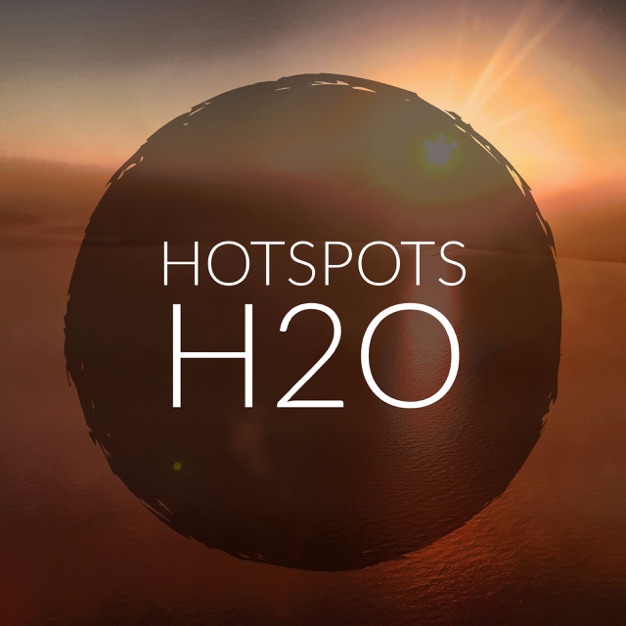What's Up WIth Water - March 21, 2023
Welcome to “What’s Up With Water” - your need-to-know news of the world’s water from Circle of Blue. I’m Eileen Wray-McCann.
On March 20, the U.S. Supreme Court heard arguments in a lawsuit that could change water use patterns in the drying Colorado River basin. The Navajo Nation claims that the federal government has failed in its legal duty to ensure sufficient water for the tribe. That includes claims to water from the Colorado River, which is adjacent to the Navajo reservation. The lawsuit asserts that the U.S. government must determine the Navajo Nation’s water needs and devise a plan to meet those needs. The water in the basin is fully spoken for, so water for the Navajo Nation would come from another use. Legal scholars who are not party to the lawsuit say that the Navajo Nation should prevail in this dispute for two reasons. First, the federal government has near total control of the lower basin of the Colorado River and second, the government has a longstanding legal obligation to secure water for Indian reservations. The states named in the lawsuit and the federal government have a different view. They argue that it is not the federal government’s decision to make. Based on previous lawsuits, they argue that only the Supreme Court has the power to determine water allocations from the Lower Colorado River. Which interpretation the nine justices will support remains to be seen. A decision is expected in June.
A study published last week provides fresh evidence that the world’s weather is becoming more extreme. As the planet warms, high-intensity rain storms and prolonged periods of drought are happening more frequently. Researchers came to that conclusion after studying satellite data that shows the distribution of the world’s water. Matthew Rodell, one of the study authors, explained the dynamics to the news agency AFP. Rodell said that a warmer atmosphere holds more water vapor, so that storms can release more rain. At the same time, higher temperatures increase evaporation, which dries out soils and contributes to drought. The researchers expect the trend to continue – as things get warmer, the weather extremes will intensify.
The U.S. Environmental Protection Agency took an initial step to control toxic “forever chemicals” in drinking water. The agency proposed first-ever limits for two of the chemicals, PFOA and PFOS. It also proposed regulating four additional forever chemicals as a group. Public health experts applauded the move, pointing to links between the chemicals and a range of illnesses, including thyroid problems, high cholesterol, and kidney cancer. Water utilities, however, cautioned that it will be expensive to update water treatment equipment to remove the chemicals. They say that unless more is done to prevent contamination of rivers, lakes, and groundwater, the cost of meeting federal drinking water standards will be transferred to citizens. The proposal is in draft form, and public comments will be accepted for at least 60 days. A final rule is expected next year.
And that’s What’s Up With Water from Circle of Blue, where water speaks. You’ll find more news and analysis - and a chance to support our work - at circleofblue.org. This is Eileen Wray-McCann - thanks for being here.
21 March 2023, 3:35 pm
